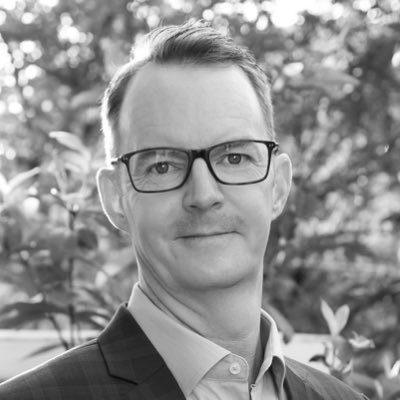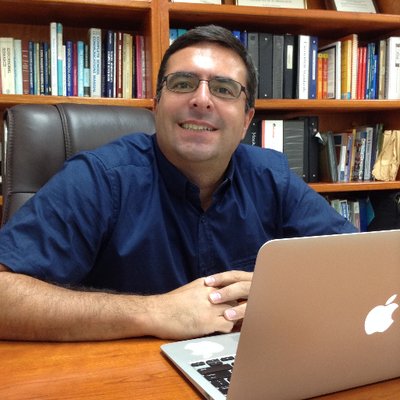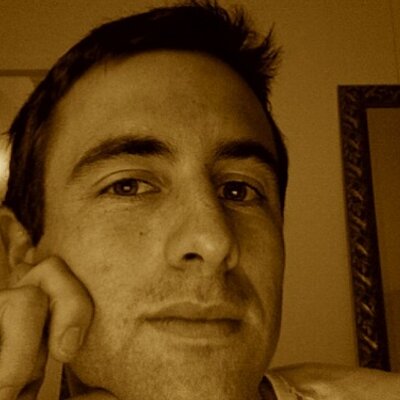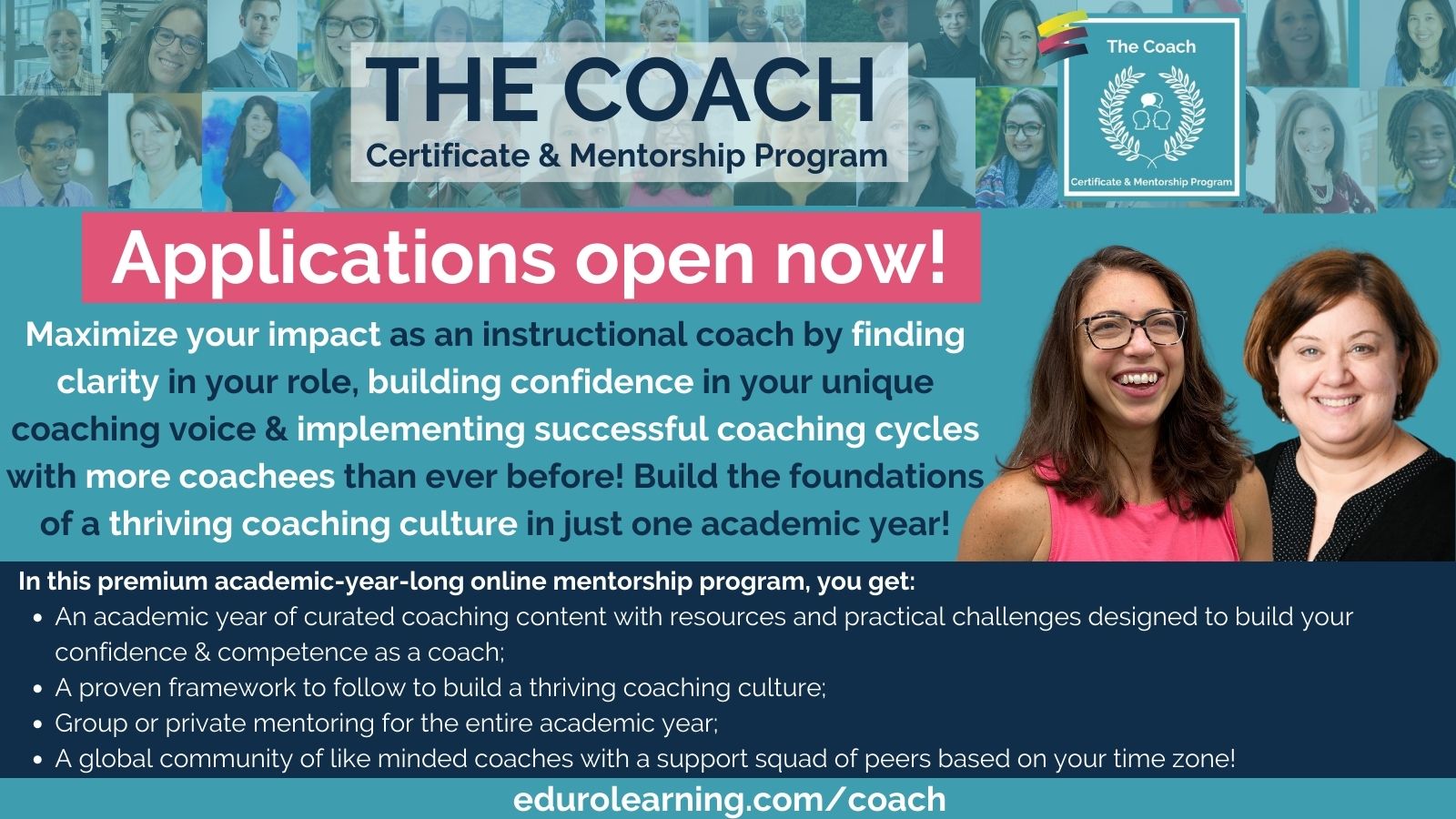In this #coachbetter episode, we’re chatting about the differences between working with students and working with adults. We have four of our superstar coaches from the podcast: Will, Tim, Ben and Maggie, so you get a wide range of perspectives and experiences! This conversation was prompted by a question in our #coachbetter Facebook group: “How is Working with Adults Different Than Working With Students?” We talk through the challenges many of us faced in transitioning from a teaching to a coaching role, the important elements to consider when working with adults, and the strategies and tips we have learned on our coaching journeys!
Subscribe to #coachbetter via your favorite Podcast Player!
Featured Guests




Bonus! Watch the Spotlight Version on YouTube!
Show Notes
How is working with adults different than working with students? What should coaches know and do?
Will: big learning experience, when I moved out of the classroom and started working with teachers. Wondering about how adults aren’t used to taking direction as kids are. The skills you learned as teacher, don’t always automatically apply to working with adults. As a coach you’re always working back and forth between those two lenses
Tim: it’s good to tell the students why you’re doing something, but they’ll give you more time to elicit it, but adults want to know right away. Could be a big part of time management, is this something useful for me. If it is, i want to learn more.
Ben: with kids you have built in credibility, with adults you don’t always have that right away. Especially if they’re a full-time classroom teacher and you’re seen as “not a classroom teacher” – important to build credibility without sounding like you’re bragging.
Maggie: Working with students often involves students wanting to know how to do something, and with teachers it’s about how to plan how to do something and then reflect. Teachers are generally more reflective than students. Teachers welcome an opportunity to talk about something they’ve done with the view of making it better. The biggest difference is what’s going on under the surface. Although they come in ostentatiously to talk about something that’s happened, the conversations veer off into personal identity, how they connect with other people, how much influence they have on certain situations. Focus of convo with students s about their work, not what’s going on under the surface of their work.
Ben: so much of teacher identity is tied to their work. Students not so much. Asking them to change or be better is asking them to change themselves.
Kim: value previous experience – much wider range of experience, age range, professional experience, etc
Will: not every teacher sees what you’re doing as valued. You need to go on a journey with them.
Will: Bonais MCarthy theory: different type of adult learners. Trying to work out the type of learner you’re working with: dynamic, imaginative, common sense, analytical. Being open to work with all different styles.
Kim: Connects to: strengths finder, Mind the Gap
Ben: Communication can be so tricky. Sometimes we operate on assumptions. We say something and we assume they’re interpreting it the way we mean it, but they might not. The importance of making things explicit.
Tim: People who get into coaching tend to be really into learning and developing themselves professionally. Sometimes it’s disappointing to see how fellow colleagues aren’t engaging in the learning. This is something I need to demonstrate to them very clearly. Sometimes you have to lead the horse to water & push its head in to make it drink.
Maggie: Most of the time, if you want a change to happen, you have to change someone’s belief before you can change their practice. Sometimes you have to mandate that practice changes, and sometimes that change informs belief.
Will: Often with kids, you see them so regularly, you can build metacognition skills. With adults it’s so much less frequent. Frequency in discussions about learning.
Ben: Autonomy, Mastery, Purpose: Dan Pink. Has to be relevant to what they’re doing at that time. COETAIL is such a good experience for so many people, because you take the ideas and concepts and express your understanding by applying them in your classroom setting, and then reflect on it and get feedback. It’s the whole cycle.
Kim: need some kind of outcome to connect learning to. (PL workshop)
Will: most people need to see the process they can work through to get to the outcome. Change of practice and belief requires seeing a path to get there. An important role of a coach to help them plan out a path to get there. Articulating the path.
Ben: lots of control of learning experiences working with students. When we’re doing that with adults we’re co-creating the experience. We are trying to fit into the experience that they’re allowing us to be a part
Kim: discovering who the person is as a learner
Will: what’s going on outside school has a big impact. You can’t expect a teacher to change more between 1-5% a year.
Tim: changing a culture takes time. Your mark as a leader isn’t the number of things you implement, it’s the number of things that stay after you go.
Kim: mindful of ownership of the learning experience
What should coaches do? What strategies do you recommend?
Tim: Document what you’re doing. Using a Google Form to document all the things that they do. Show people what they’re doing. Reflect on accomplishments, schedule your time to prep and be flexible to negotiate that week by week. Fit time in for your own personal reading, talking with colleagues. Your own reflection.
Maggie: Walk the talk. Be visible and be willing to go into other people’s classrooms and help them out with what they need help with. A lot of the trust comes because we are credible.
Ben: Listen really well. Paraphrase back what you’re hearing so you’re actually on the same page. Highlight some of things you’ve seen you’re not involved in to show you value things you’re not involved in as well. We value all learning, not just what relates to us.
Kim: knowing them as an individual.
Ben: to build trust, you need to be vulnerable first. Be willing to learn from others in areas where you’re not an expert
Will: coaching is interpersonal. Be a witness to the good – Jim Knight. How rare it is for teachers to hear good feedback about little things that happen all the time. Art of having authentic conversations. I’m there to learn as well.
Ben: You have to sort out the low-level stuff (tech stuff), before you can go deeper.
Kim: The Art of Gathering
Ben: if you’re bringing people together, you have to have a reason for doing so. The reason you’re doing it, dictates how you operate when you’re together. Intentionality of the structure of why you’re bringing people together. Should be able to say ‘why you’re meeting today”
Kim: how do we make the right people in the right place at the right time.
Maggie: hostage mentality
Ben: to consider: coaching 1:1 vs coaching teams, how meetings are structured, who needs to be there, how to run a good meeting
Level Up Your Coaching with The Coach!
If you are ready to dive deep into your coaching practice, to help you #coachbetter and build a thriving coaching culture in your school, please join us for our next cohort of The Coach!
Wherever you are in building a coaching culture in your school, The Coach will give you the strategies, skills and tools you need to make coaching a success and will empower you to confidently apply instructional coaching strategies in any situation – from building a coaching program, to having coaching conversations, to being a leader in your school community. We facilitate only one cohort each academic year so we can offer individualized support for each participant.
Coaches of all levels are welcome: you’ll start the program with a self-assessment to determine exactly what the next steps are for you!
Registration for our next global cohort opens once a year – check the website for details!






Recent Comments